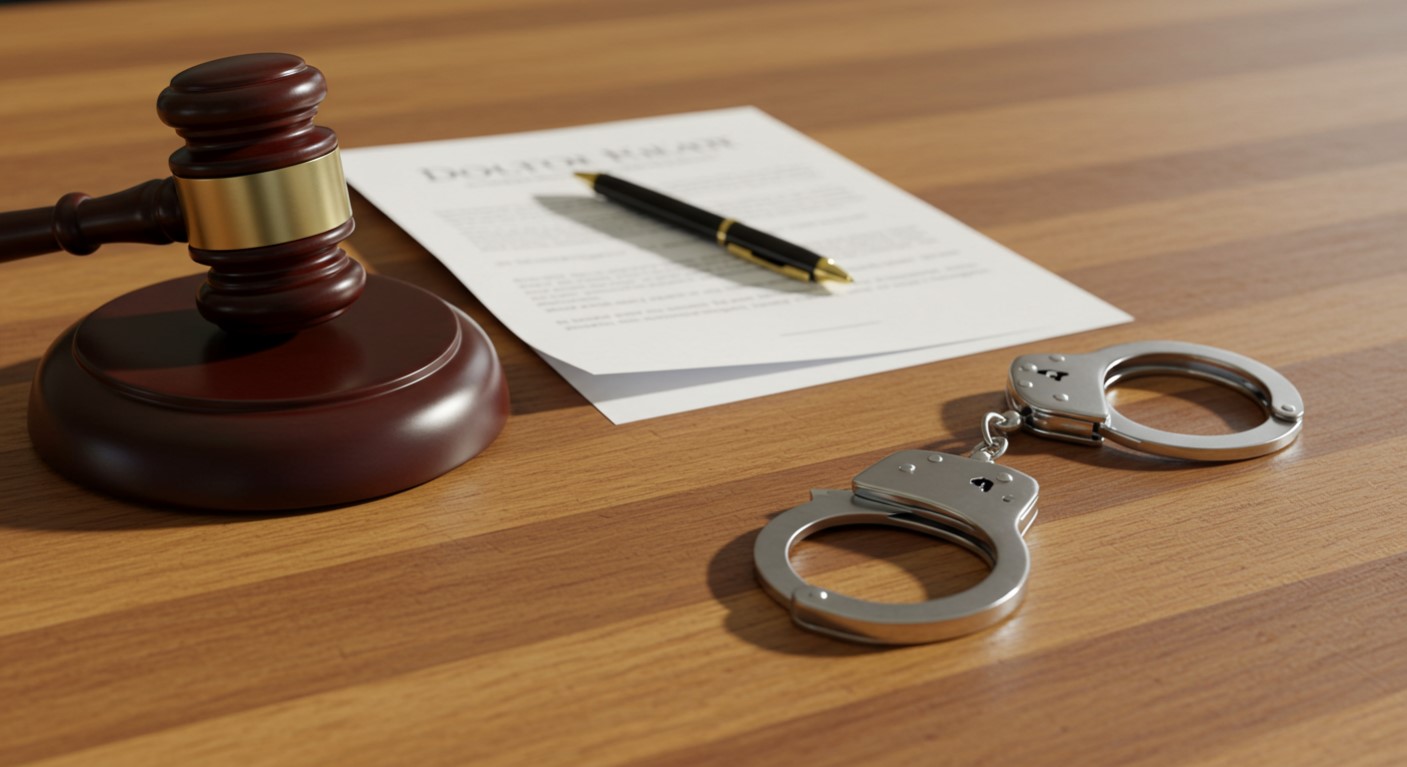Facing Shoplifting Charges in England: Legal Processes and the Importance of Legal Advice

Facing Shoplifting Charges in England: Legal Processes and the Importance of Legal Advice
Shoplifting, the act of taking goods from a retail store without intending to pay, is a criminal offense in England. The law treats shoplifting with varying degrees of severity, depending on the circumstances.
Understanding the legal process following a shoplifting incident and the significance of seeking legal advice is crucial for anyone involved in such a situation.
The Immediate Consequences of Being Caught

If caught shoplifting, the individual is typically detained by the store’s security personnel. The store may choose to handle the matter internally, possibly issuing a ban from the premises, or they may involve the police.
If the police are called, the individual will likely be taken into custody for questioning and further legal proceedings.
Legal Processes Following an Arrest
Once the police are involved, the process can unfold in several ways:
- Police Caution: In minor cases, especially with first-time offenders, the police might issue a caution. While not a criminal conviction, a caution is recorded and can affect future dealings with the justice system.
- Fixed Penalty Notice: For less serious offenses, the police might issue a Fixed Penalty Notice (FPN), which involves a fine but no criminal record.
- Court Summons: In more serious cases, or if the individual has a history of shoplifting, they may be charged and summoned to court. The severity of the charges can vary based on the value of the stolen goods and the individual’s criminal history.
Potential Legal Consequences

The legal consequences of shoplifting can range from fines to imprisonment. Factors influencing the severity of the sentence include the value of the stolen items, any previous criminal record, and the presence of any aggravating factors, such as violence or the involvement of minors.
In more severe cases, shoplifting can lead to a criminal record, which can impact future employment and travel opportunities.
Why Legal Advice is Essential
Seeking legal advice from a qualified solicitor is crucial for several reasons:
- Understanding Your Rights: A solicitor can explain your legal rights and the charges against you.
- Guidance Through the Legal Process: Navigating the criminal justice system can be complex. A solicitor can guide you through each step, from police questioning to court proceedings.
- Building a Defence: A solicitor can help in building a defence strategy, potentially including mitigating factors or challenging the evidence against you.
- Negotiating Outcomes: Experienced solicitors might negotiate lesser charges or alternative resolutions, such as community service instead of imprisonment.
Conclusion: Navigating Shoplifting Charges in England

Being caught shoplifting in England can lead to significant legal repercussions. Understanding the potential outcomes and the importance of seeking legal representation is imperative. A solicitor can provide essential guidance, ensure your rights are protected, and work towards the best possible outcome in your case.
This legal support can be the difference between a minor repercussion and a life-altering criminal conviction.
Notice: Informational Content Disclaimer
The content provided on this website, including articles, blog posts, and other informational materials, is intended for general informational purposes only. It is not intended as, and should not be considered, legal advice.
Visitors to this website should be aware that the information presented here is not a substitute for seeking legal advice from a qualified solicitor or legal professional. Each individual's legal situation is unique, and the information provided may not be applicable to specific circumstances.
If you require legal advice or have specific legal questions, we encourage you to contact us directly. Our experienced team of solicitors is here to assist you with your legal needs and provide tailored advice to address your concerns.
Please be advised that any communication through this website, including the use of contact forms or email, does not create a solicitor-client relationship. Confidential or time-sensitive information should not be sent through this website. To establish a solicitor-client relationship and discuss your legal matters in detail, please contact us for a consultation.
We strive to provide accurate and up-to-date information, but we make no representations or warranties regarding the accuracy, completeness, or suitability of the information contained on this website. We shall not be liable for any reliance placed on the information provided herein.
Thank you for visiting our website. We look forward to the opportunity to assist you with your legal needs.




